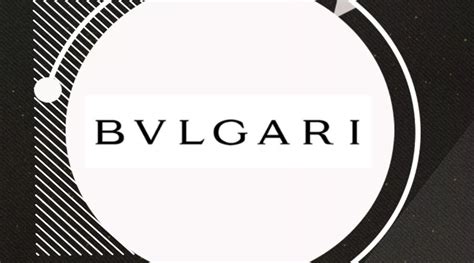关于奢侈品的英语阅读理解
- 百科
- 2024-05-04
- 305
Title: The Allure of Luxury Goods: Understanding the Fascination

Luxury goods hold a unique place in the world of consumerism, transcending mere functionality to embody prestige, status, and exclusivity. From haute couture fashion to highend automobiles, the appeal of luxury items extends far beyond their intrinsic value, captivating consumers worldwide. In this exploration, we delve into the intricacies of the allure of luxury goods, unraveling the psychological, cultural, and economic factors that drive their demand.
The Psychology Behind Luxury Consumption
At the heart of luxury consumption lies a complex interplay of psychological mechanisms. For many, owning luxury items symbolizes social status and success, serving as tangible markers of achievement. The concept of "conspicuous consumption," coined by economist Thorstein Veblen, suggests that individuals flaunt luxury goods to signal their elite standing within society.
Moreover, luxury purchases often evoke feelings of exclusivity and selfenhancement. Psychologically, acquiring these items can boost one's selfesteem and perceived social identity, leading to a sense of empowerment and validation. Brands capitalize on these emotional triggers, crafting aspirational narratives that resonate with consumers' desires for belonging and recognition.
Cultural Influences on Luxury Consumption
Cultural values and norms play a significant role in shaping attitudes towards luxury consumption. In some societies, such as China, gifting luxury items symbolizes respect, gratitude, and social reciprocity. Conversely, Western cultures often associate luxury with individualism and personal expression, where ownership of designer goods becomes a form of selfindulgence and hedonism.
Furthermore, historical legacies and societal perceptions contribute to the mystique surrounding certain luxury brands. Heritage maisons like Chanel and Louis Vuitton leverage their rich histories to cultivate an aura of timelessness and sophistication, appealing to consumers seeking tradition and craftsmanship.
The Economics of Luxury Goods
Despite their premium price tags, luxury goods operate within a unique economic framework characterized by inelastic demand and high profit margins. Veblen goods, named after the economist, defy the traditional law of demand, as their perceived value increases with price. This phenomenon explains why luxury brands can maintain exclusivity by pricing their products beyond the reach of the masses.
Additionally, the concept of "Veblen branding" emphasizes the role of conspicuous logos and overt branding in driving demand for luxury items. Consumers willingly pay a premium not just for the product itself but for the prominent display of brand insignia, which serves as a status symbol and means of social differentiation.
Navigating the Luxury Market: Consumer Insights and Trends
Understanding consumer behavior is paramount for luxury brands seeking to thrive in a dynamic market landscape. Today's affluent consumers value experiences over possessions, fueling the rise of luxury travel, fine dining, and experiential retail. Moreover, the emergence of the digital age has transformed luxury retail, with ecommerce and social media platforms serving as key channels for brand engagement and sales.
In response to shifting consumer preferences and societal trends, luxury brands are embracing sustainability, inclusivity, and innovation. Initiatives such as ethically sourced materials, limited editions, and collaborations with artists and designers resonate with socially conscious consumers while maintaining the aura of exclusivity and creativity.
Conclusion
The allure of luxury goods transcends materialism, encompassing a complex interplay of psychological, cultural, and economic factors. From the psychology of status signaling to the economics of inelastic demand, luxury consumption reflects deepseated human desires for identity, belonging, and selfexpression.
As the luxury market continues to evolve, brands must adapt to changing consumer preferences while staying true to their core values and heritage. By fostering authentic connections, embracing innovation, and championing sustainability, luxury brands can navigate the everchanging landscape while maintaining their coveted status in the hearts and minds of consumers worldwide.
Luxury goods are not just objects; they are symbols of aspiration, identity, and timeless elegance—a testament to the enduring allure of the extraordinary.
上一篇
大码男装尺码对照表